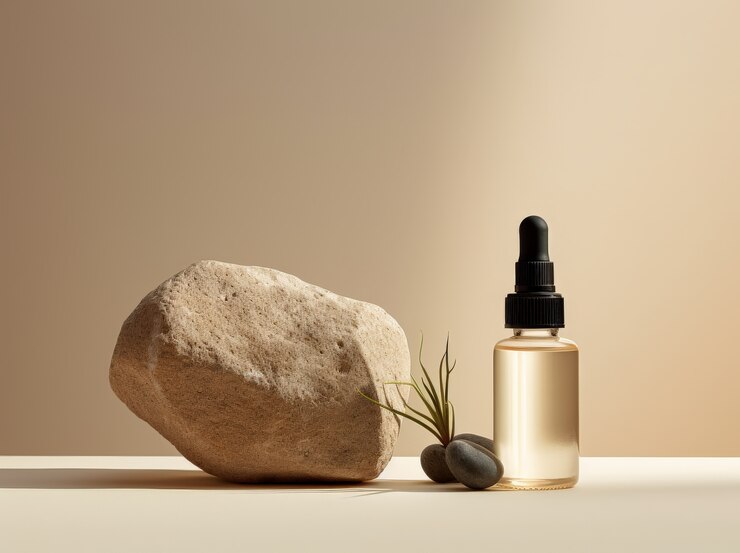Table of contents
In recent years, the popularity of cannabidiol (CBD) has skyrocketed, driven by promising research and widespread testimonials. However, despite its natural origins and broad availability, it’s essential to approach CBD use with informed decision-making — especially when it comes to CBD and Your Health.
Whether you’re exploring CBD for stress relief, pain management, sleep issues, or overall wellness, understanding the facts, safety guidelines, and how it fits into your health plan is crucial. This blog post breaks down what you need to know to make well-informed choices regarding CBD and its impact on your well-being.
What Is CBD?

CBD, or cannabidiol, is a natural compound found in the hemp plant, a cousin of marijuana. Unlike THC (tetrahydrocannabinol), CBD is non-psychoactive, meaning it won’t get you “high.” It works by interacting with the body’s endocannabinoid system (ECS), which regulates key functions like mood, pain sensation, inflammation, sleep, and appetite.
Understanding the Relationship Between CBD and Your Health

1. Evaluate Your Health Goals
CBD can support various health goals — from reducing anxiety and chronic pain to improving sleep and managing inflammation. Before starting CBD, define what you’re hoping to achieve, and research whether there is scientific or anecdotal support for CBD use in that area.
2. Know the Forms of CBD
CBD is available in many formats, including:
- Oils and tinctures: For fast absorption under the tongue.
- Capsules and gummies: Convenient for daily dosing.
- Topicals: Ideal for localized pain or skin concerns.
- Vapes: Fast-acting but less recommended due to potential lung risks.
Choosing the right format depends on your health goals and lifestyle preferences.
3. Consult a Healthcare Provider
Always consult a doctor — especially if you take medications or have existing conditions. CBD may interact with certain drugs (e.g., blood thinners, antidepressants) by affecting liver enzymes that metabolize medications.
4. Start Low and Go Slow
A general rule when introducing CBD is to begin with a low dose and gradually increase until the desired effect is achieved. Monitor for side effects, such as fatigue, changes in appetite, or digestive discomfort.
5. Prioritize Product Quality
Not all CBD is created equal. Look for:
- Third-party lab testing
- Clear labeling of CBD content
- Full-spectrum vs. isolate vs. broad-spectrum
- Organically grown hemp
Reputable brands provide Certificates of Analysis (COA) to prove product purity and potency.
Potential Benefits of CBD for Your Health
- Stress and Anxiety Relief: CBD may interact with serotonin receptors, helping to regulate mood and ease tension.
- Pain and Inflammation Management: CBD is widely used for arthritis, chronic pain, and muscle soreness.
- Improved Sleep: Many users report better sleep quality and reduced insomnia symptoms.
- Neuroprotective Effects: Preliminary studies suggest CBD may support cognitive function and neurological health.
- Skin and Immune Health: CBD’s anti-inflammatory properties are being studied for conditions like acne, psoriasis, and autoimmune issues.
FAQs: CBD and Your Health
Yes, many people safely use CBD daily. However, long-term studies are still ongoing. It’s important to monitor your body’s response and consult a doctor if taking other medications.
Yes, CBD can interact with medications processed by the liver (CYP450 pathway). Always speak to your doctor before combining CBD with prescription treatments.
Effects vary by delivery method. Oils and vapes act faster (15–30 minutes), while capsules and gummies may take 45–90 minutes. Chronic conditions may require consistent use over several days or weeks.
Pure CBD should not show up, but full-spectrum products contain trace THC, which could trigger a positive result. Use THC-free products if you are subject to drug testing.
No. While CBD may help manage symptoms, it is not a cure. It should be viewed as a complementary supplement rather than a replacement for medical treatments.
Final Thoughts
Making informed decisions about CBD and Your Health involves understanding how CBD works, how to use it safely, and what role it might play in your personal wellness plan. By researching thoroughly, consulting healthcare professionals, and choosing high-quality products, you can safely explore the benefits CBD has to offer.
As with any health-related choice, being informed empowers you to make decisions that align with your unique body, needs, and goals.





